The 1970s was a decade marked by profound changes in style, music, and cultural norms, birthing icons who defined the essence of ‘cool.’ Each figure from this famous era brought a unique impact on the cultural melting pot when it came to fashion, entertainment, and societal attitudes.
From the glamorous disco floors to the revolutionary cinema screens, these icons not only entertained but also shaped the societal fabric with their talents. This article takes a deep dive into the lives of those who set the tone for coolness in the 1970s and whose legacies continue to resonate in today’s culture.
David Bowie

David Bowie epitomized ’70s cool with his androgynous alter ego, Ziggy Stardust, pushing the boundaries of music and fashion. His innovative approach to rock and pop, combined with his theatrical flair, captured the spirit of the decade. Bowie’s influence extended beyond music, shaping fashion and identity expression.
Farrah Fawcett
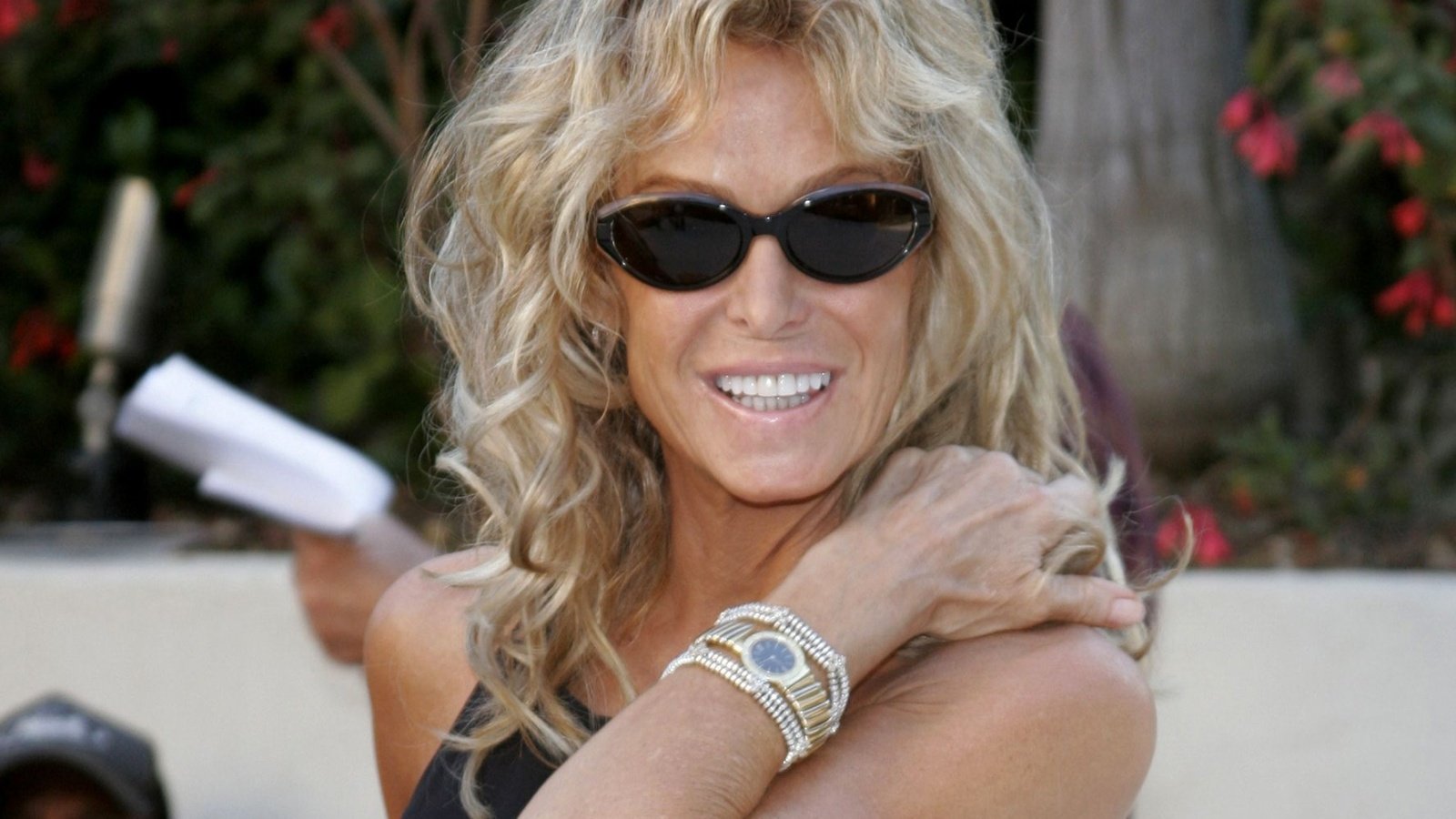
Farrah Fawcett became an icon of the ’70s with her role in “Charlie’s Angels” and her famous red swimsuit poster that became a symbol of the era’s glamor. Her feathered hair and dazzling smile set beauty trends that defined the decade. Fawcett’s style and charisma made her a beloved figure in American pop culture.
Diana Ross

Diana Ross emerged as a style icon and musical powerhouse in the 1970s, transitioning from The Supremes to a successful solo career. Her extravagant costumes and powerful performances influenced both fashion and music. Ross’s dynamic presence and vocal prowess made her a defining figure of the decade.
John Travolta

John Travolta became the face of disco thanks to his role in “Saturday Night Fever.” His smooth dance moves and quintessential disco attire made him a cultural phenomenon. The film not only propelled Travolta to stardom but also immortalized the disco era’s exuberant lifestyle.
Jane Fonda

Jane Fonda became an icon not only through her film roles but also as a fitness guru with her workout videos that sparked a health craze. Her political activism, particularly against the Vietnam War, marked her as a serious and influential figure of the ’70s. Fonda’s blend of beauty, brains, and boldness made her a multi-dimensional icon.
Muhammad Ali

Muhammad Ali was more than just a champion boxer; he was a social and political activist, famously refusing to fight in Vietnam. His charismatic personality and poetic trash talk in the ring made him a larger-than-life figure. Ali’s prowess and principles made him a hero to many and a key figure of the decade.
Debbie Harry

As the lead singer of Blondie, Debbie Harry brought punk and new wave to the mainstream with her edgy style and electric performances. Her platinum blonde hair and boundary-pushing fashion became iconic in the late ’70s punk scene. Harry’s cool was defined by her musical innovation and unapologetic attitude.
Mick Jagger

Mick Jagger, with his distinctive voice and high-energy performances, was the epitome of rock star cool. As the frontman of The Rolling Stones, Jagger’s swagger and stage presence dominated the ’70s rock scene. His influence extended beyond music, impacting fashion and dance as well.
Cher

Cher’s influence in the ’70s spanned music, television, and fashion, making her a true pop culture icon. Known for her distinctive contralto and dynamic performances, Cher was also a style icon, wearing elaborate outfits on “The Sonny & Cher Comedy Hour.” Her fearless individuality and trendsetting choices earned her a permanent place in the annals of cool.
Jack Nicholson
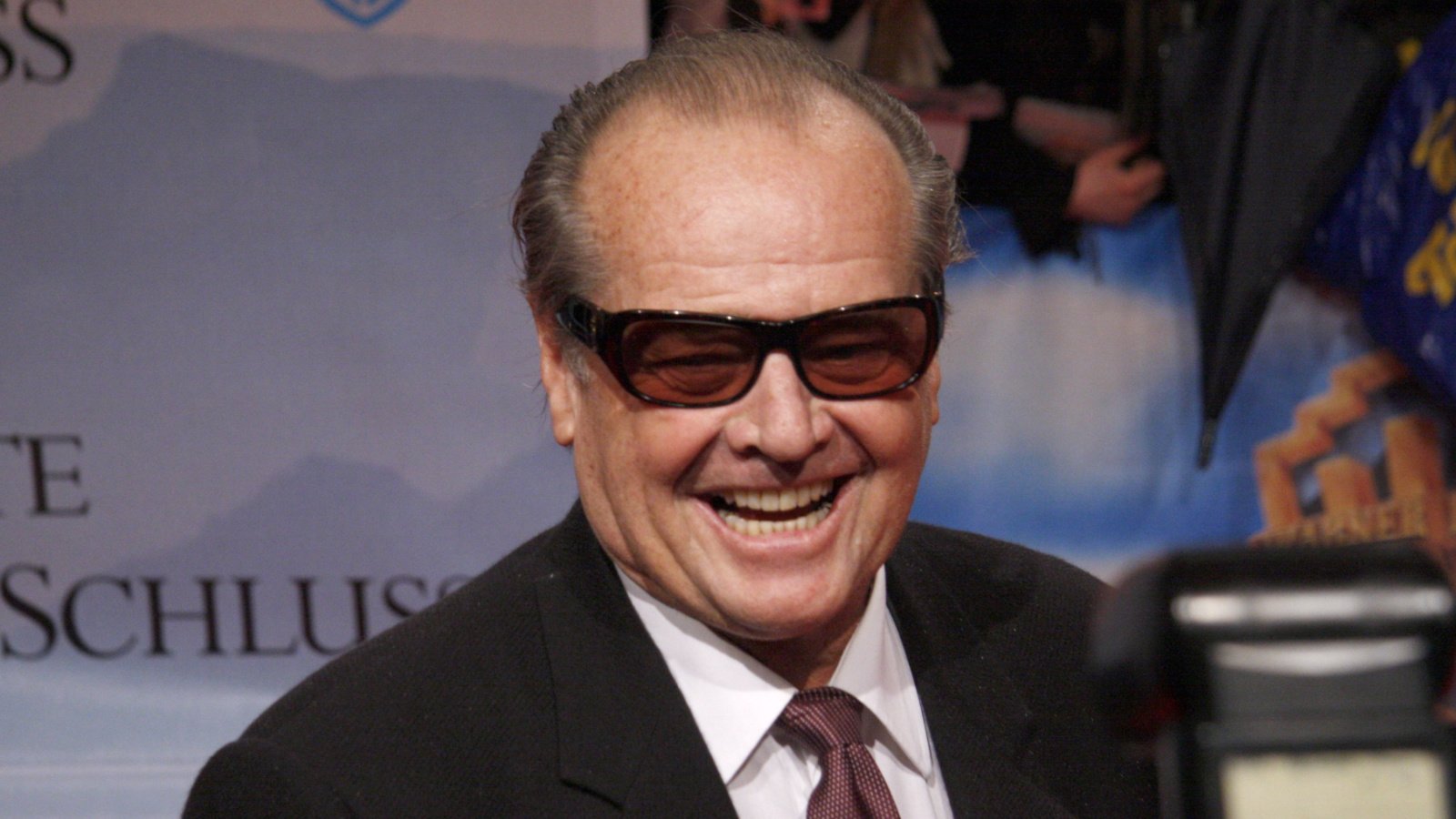
Jack Nicholson’s performances in films like “One Flew Over the Cuckoo’s Nest” and “Chinatown” set new standards for film acting in the ’70s. His characters often embodied a complex blend of charm and menace, making him a fascinating figure on and off screen. Nicholson’s cool factor was enhanced by his reputation for living a Hollywood bad-boy lifestyle.
Richard Pryor
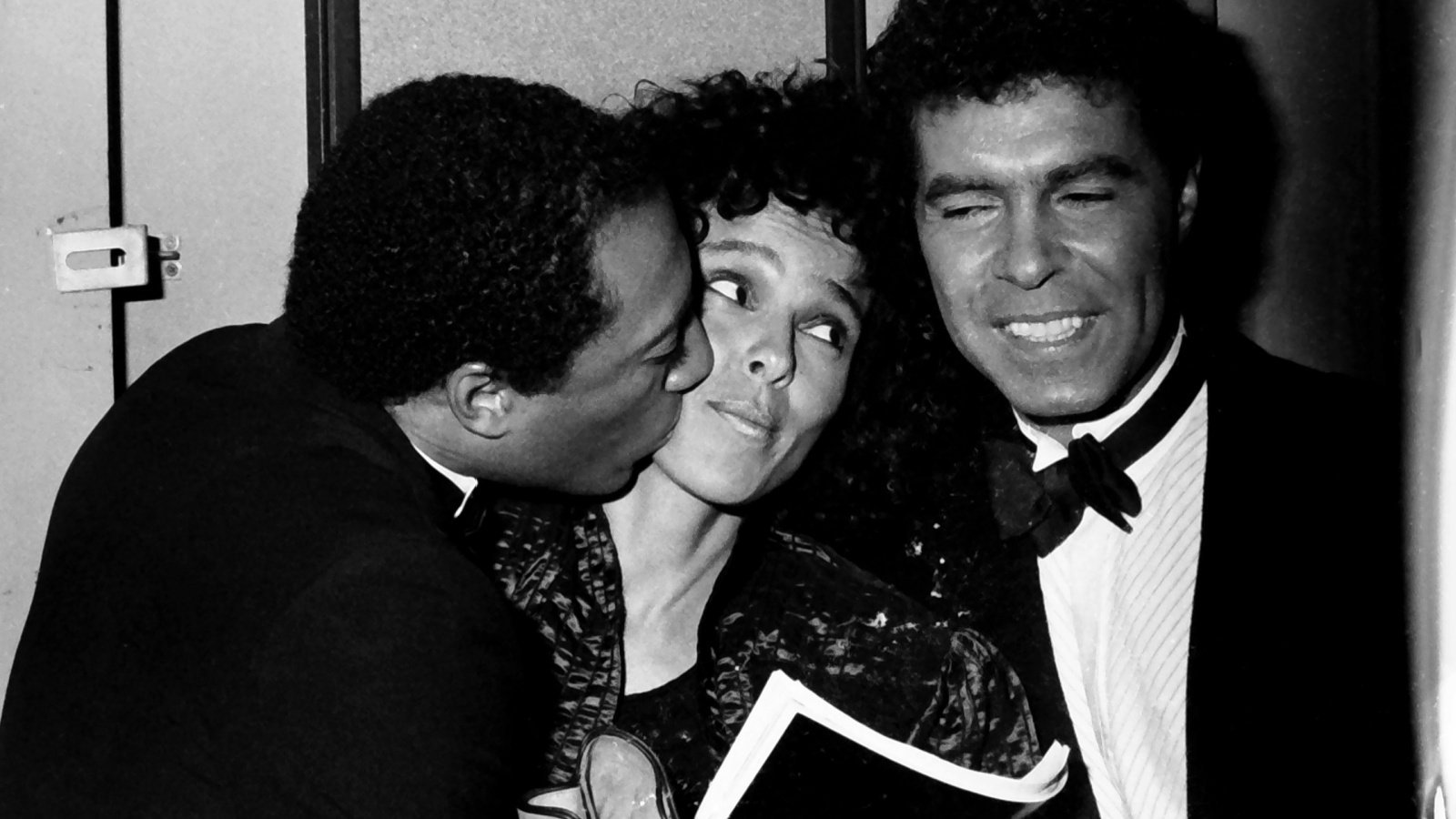
Richard Pryor revolutionized comedy with his fearless and insightful observations on race and society, using humor to address complex issues. His stand-up specials and roles in films like “Silver Streak” and “Stir Crazy” showcased his incredible wit and timing. Pryor’s impact on comedy is still felt today, making him a legendary figure of the ’70s.
Robert Plant

As the lead singer of Led Zeppelin, Robert Plant’s powerful vocals and magnetic stage presence made him a defining figure of 1970s rock. His style and the band’s musical experimentation helped to shape the hard rock genre. Plant’s persona as a rock and roll sex symbol was accentuated by his flowing locks and bare-chested performances.
George Lucas
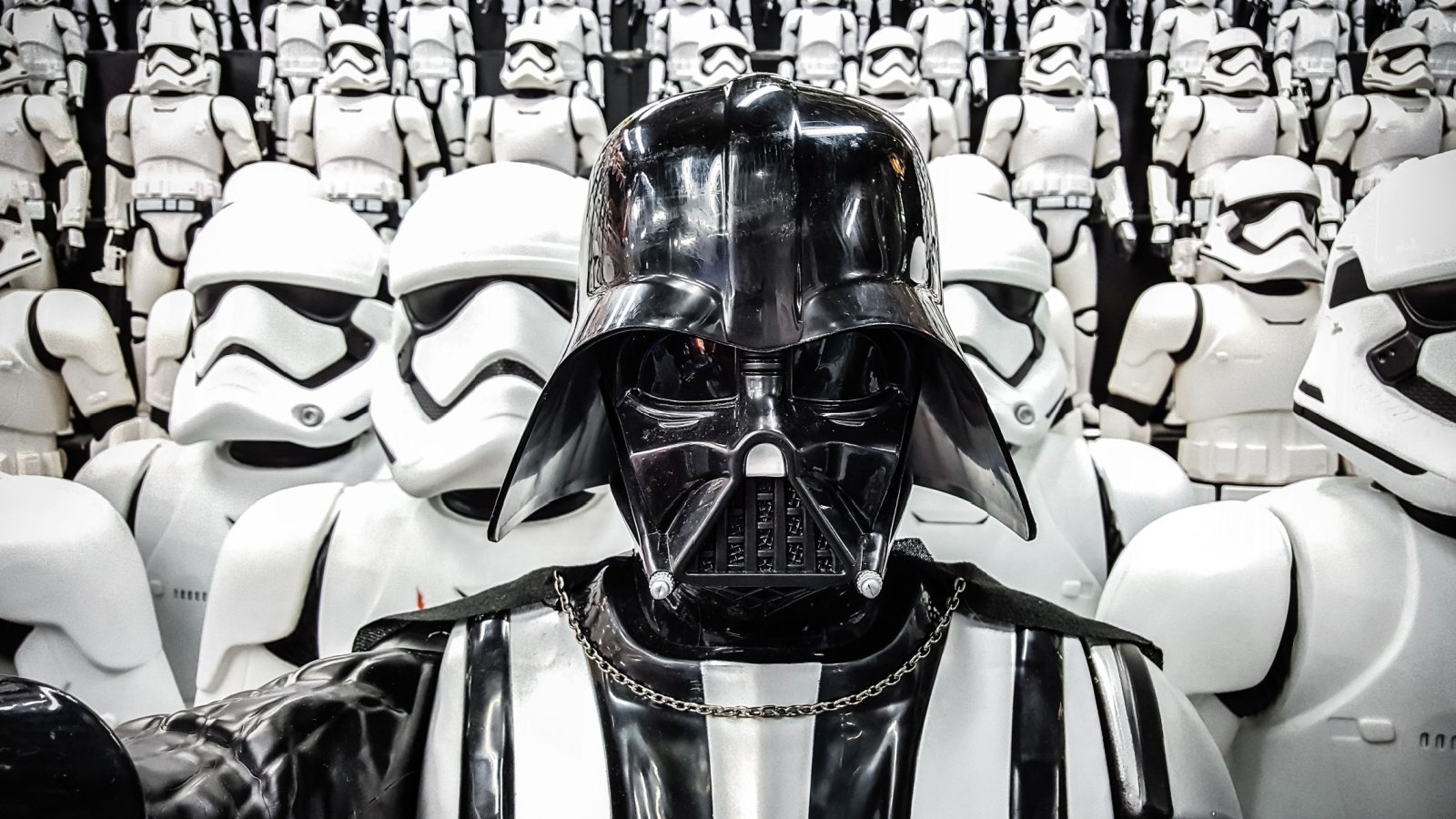
George Lucas became a cornerstone of ’70s cinema with the creation of “Star Wars” in 1977, a film that revolutionized science fiction and blockbuster filmmaking. His vision for a galaxy far, far away captured the imaginations of millions and set new standards for movie effects.
Lucas’s influence extended well beyond the ’70s, but it was during this decade that he redefined what it meant to be cool in cinema.
Gloria Gaynor

Gloria Gaynor provided an anthem for the decade with “I Will Survive,” empowering listeners and becoming a symbol of resilience and strength. Her powerful voice and disco soundtracks became staples in nightclubs around the world. Gaynor’s cool factor was as much about her music as it was her role as a beacon of empowerment.
Elton John
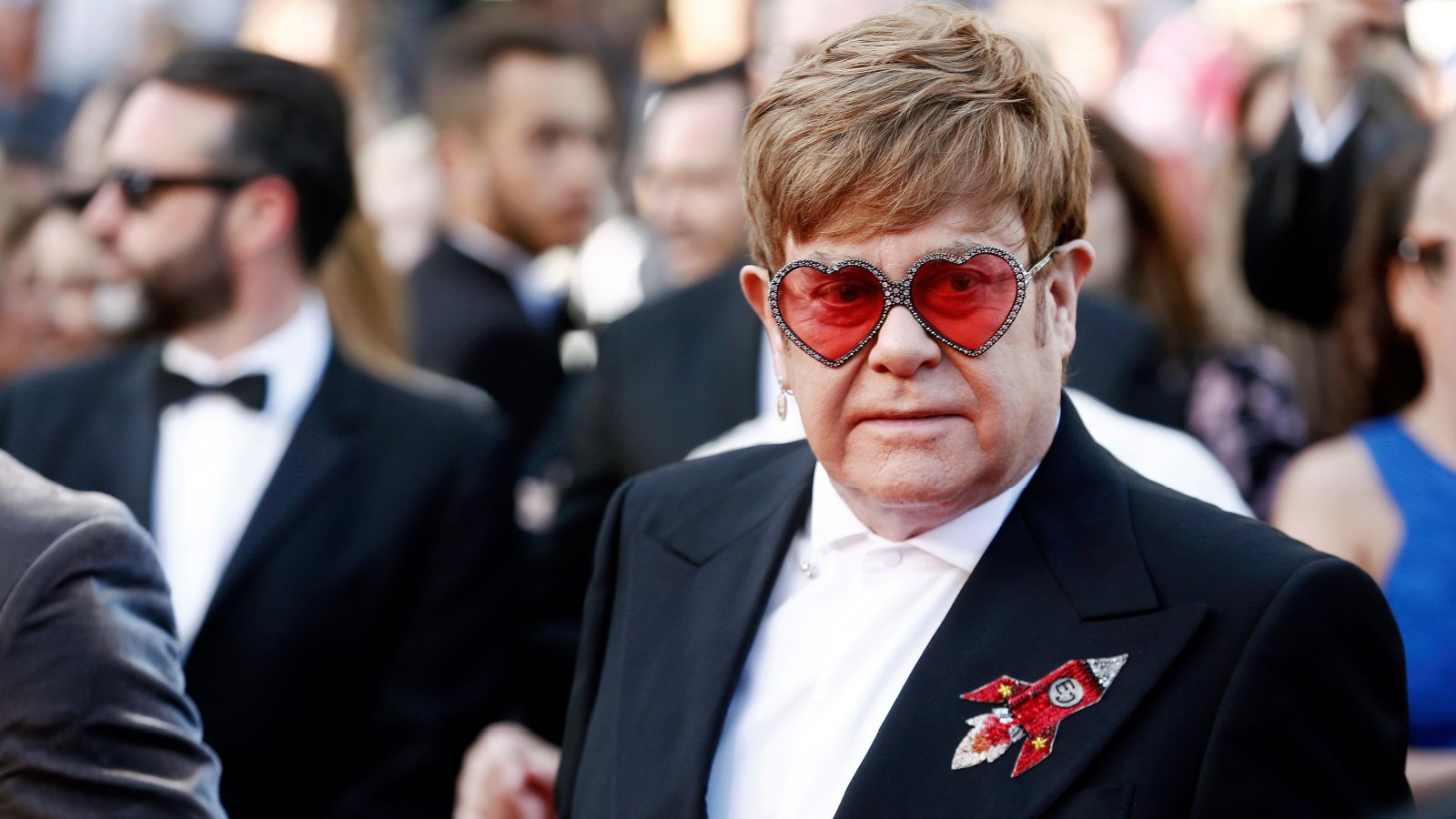
Elton John’s flamboyant costumes and hit songs like “Rocket Man” made him one of the most visible figures of the ’70s music scene. His piano-playing prowess and knack for catchy melodies cemented his status as a pop icon. John’s extravagant performances and openly extravagant lifestyle made him synonymous with ’70s glam.
Carrie Fisher

Carrie Fisher’s portrayal of Princess Leia in “Star Wars” made her an instant icon of strength and beauty, subverting traditional roles for women in sci-fi. Her character’s intelligence and power, combined with Fisher’s real-life wit and charm, made her beloved by fans. Leia’s influence as a cool and capable leader continues to inspire.
Al Pacino
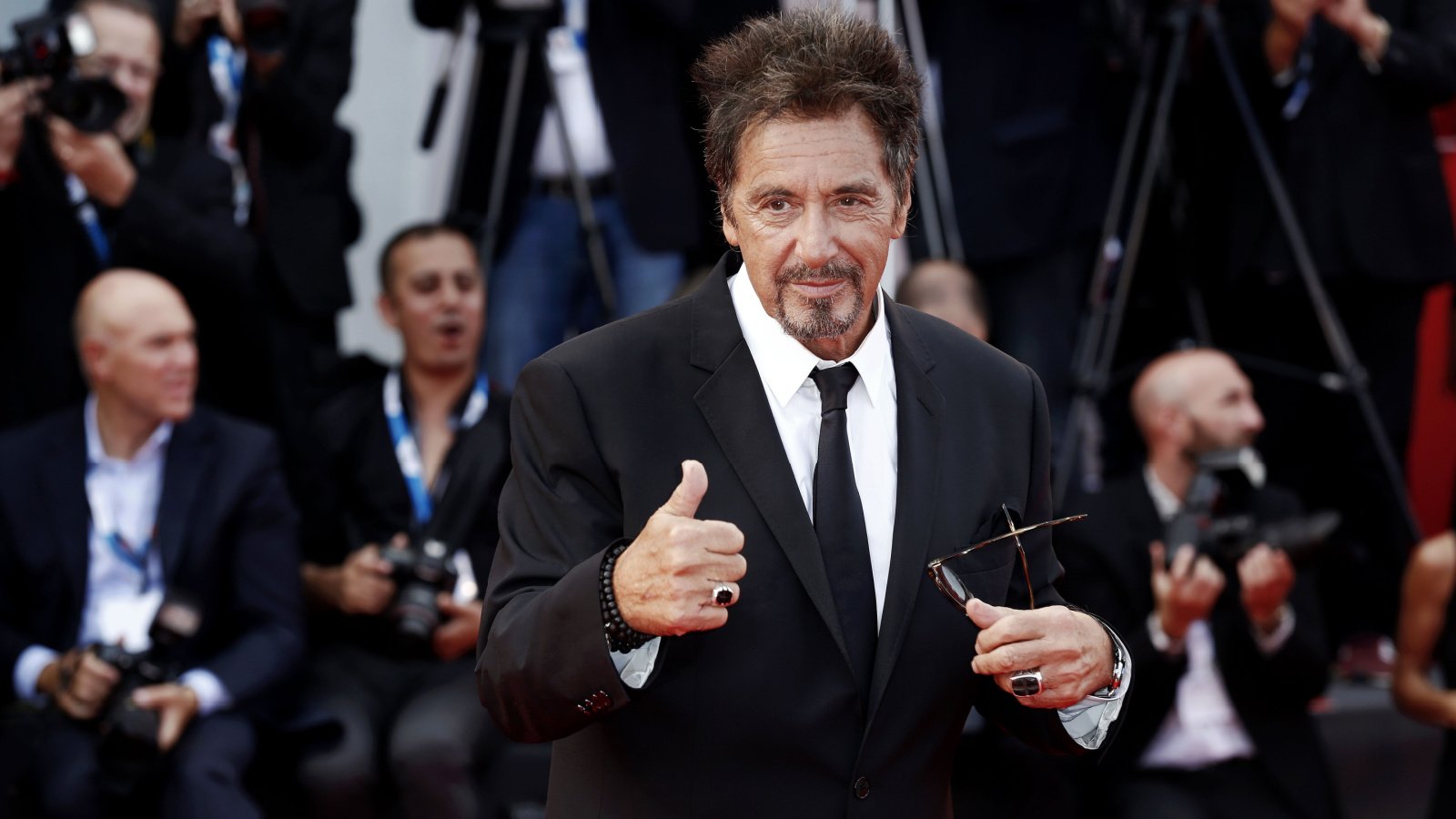
Al Pacino’s roles in “The Godfather” and “Serpico” in the early ’70s brought a new intensity to the screen, defining film cool through complex characters and nuanced performances. His method of acting and ability to convey deep emotional journeys made his characters unforgettable.
Pacino’s influence on film acting and his portrayal of cool, conflicted men were unparalleled.
Bruce Lee

Bruce Lee’s films, including “Enter the Dragon,” brought martial arts to a global audience and established him as a cultural icon. His philosophy, charisma, and physical prowess changed Hollywood’s portrayal of Asian actors and martial arts cinema. Lee’s coolness was as much about his fighting skills as his calm, collected demeanor and philosophical approach.
Barbra Streisand

Barbra Streisand was not only a film and music star but also a symbol of talent and originality during the 1970s. Her ability to cross over from hit musicals to dramatic roles and chart-topping songs displayed her versatility and strength as a performer. Streisand’s unique voice and style made her a model of success and cool.
Marlon Brando
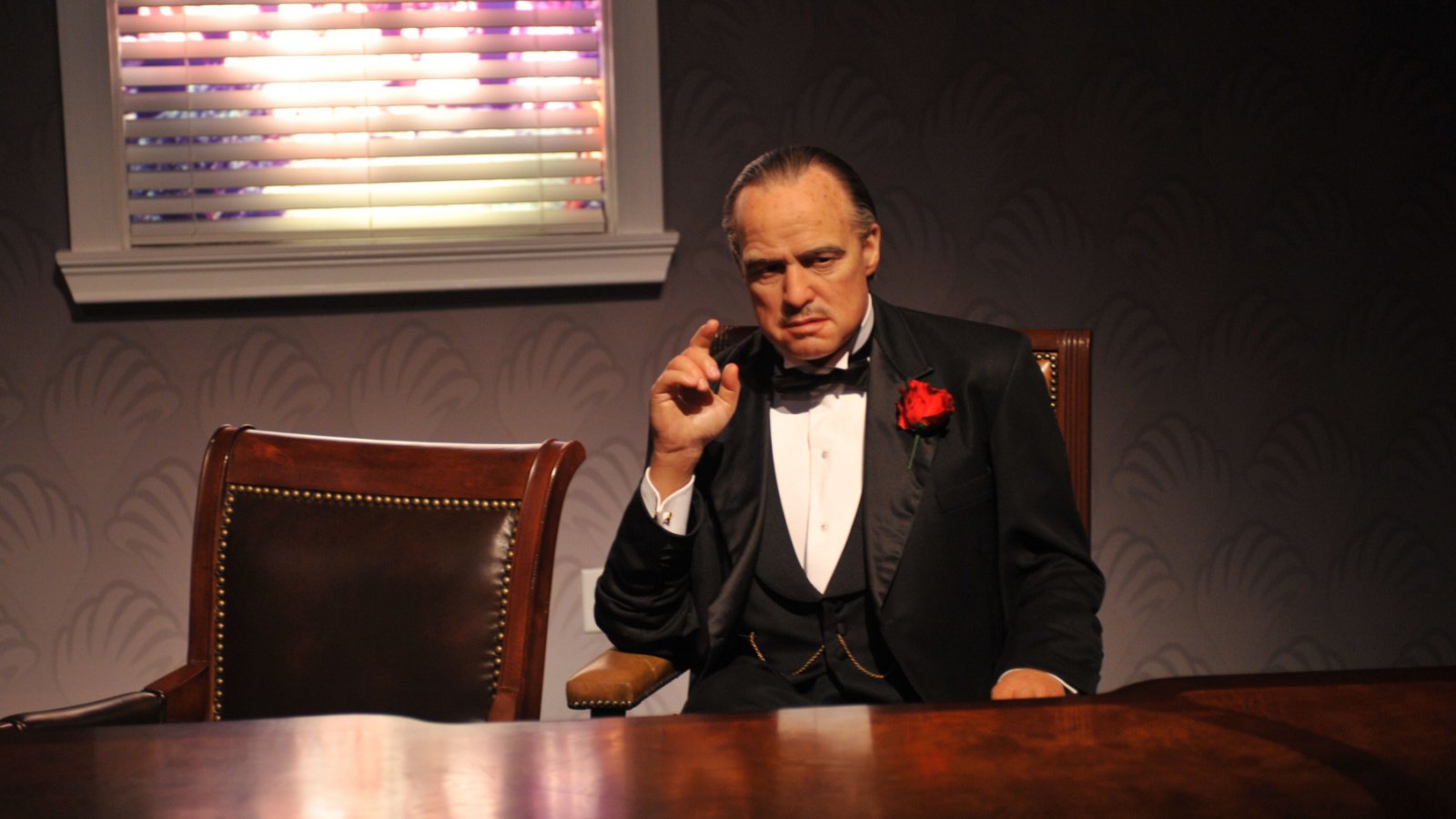
Marlon Brando, already a film star in previous decades, redefined his cool status in the ’70s with his role in “The Godfather.” His portrayal of Vito Corleone became an iconic symbol of power and charisma. Brando’s off-screen activism and unconventional choices in roles kept him relevant and respected in the cultural lexicon.
Fleetwood Mac

Fleetwood Mac, led by Stevie Nicks and Lindsey Buckingham, captured the spirit of the ’70s with their album “Rumours.” Their music, marked by emotional lyrics and memorable melodies, spoke to the trials and changes of the era. The band’s personal dramas and distinctive sound made them icons of cool, embodying the rock and roll lifestyle.
Steve McQueen

Known as “The King of Cool,” Steve McQueen’s antihero persona and effortless style were emblematic of ’70s cinema. His roles in films like “Bullitt” and “The Getaway” showcased his rugged charm and understated acting technique. McQueen’s love for fast cars and motorcycles cemented his status as a lasting symbol of cool.
Andy Warhol

Andy Warhol’s influence permeated throughout the ’70s as he continued to challenge the boundaries of art and celebrity. His work in pop art and his prescient approach to celebrity culture kept him at the forefront of cool, predicting trends and creating movements.
Warhol’s cool was cerebral, a blend of artistic genius and a keen understanding of the commercial and visual landscape.



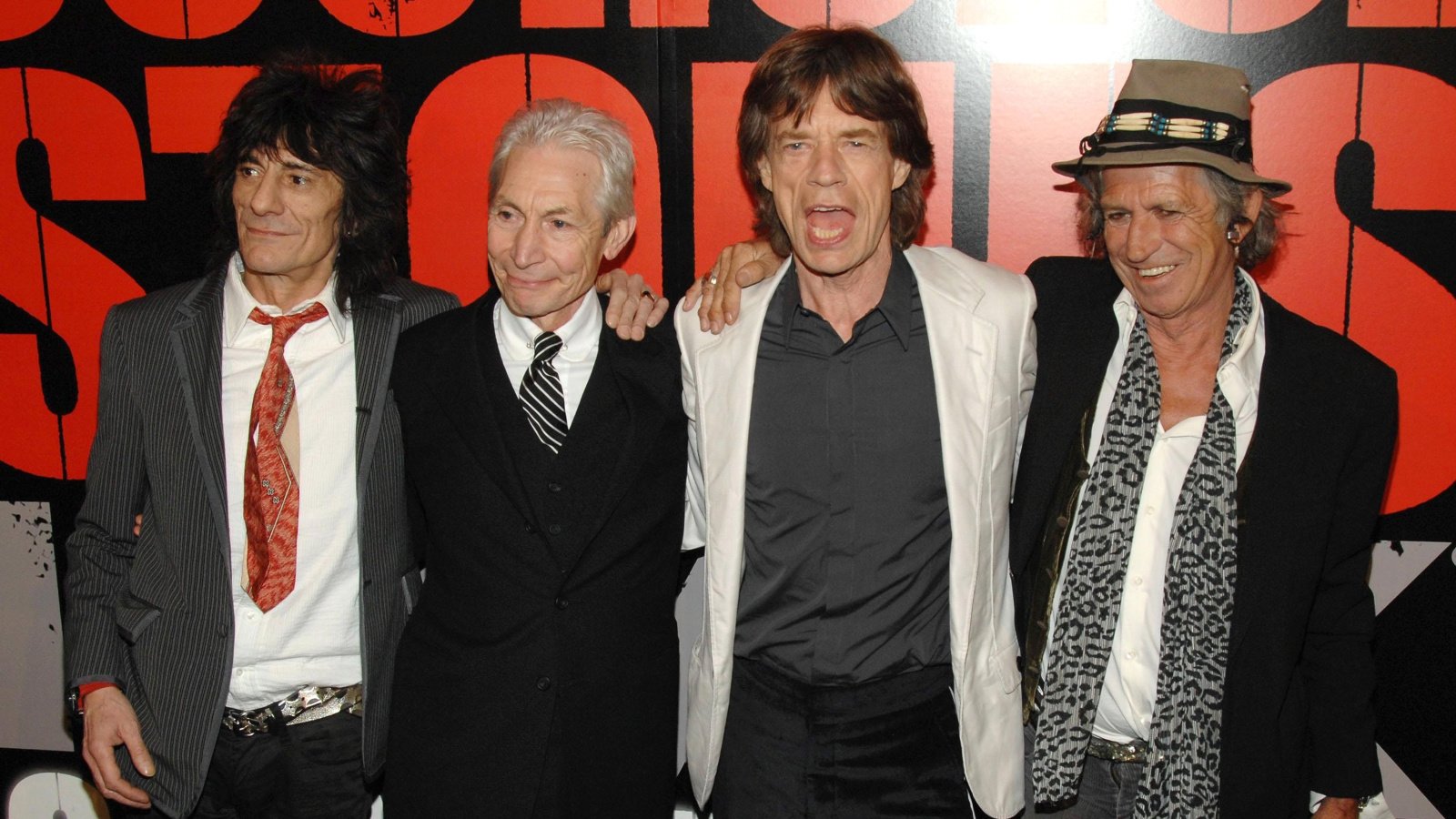





Great blog post.Really looking forward to read more. Great.
Durch diese Schritte können Spieler optimal die Vorteile des exklusiven VerdeCasino Bonuscodes
nutzen. Der Verde casino aktionscode ist besonders für neue Spieler gedacht, die sich ein Konto erstellen müssen, um dieses fantastische Angebot nutzen zu können.
Verwenden Sie die Verde Casino Aktionscodes, um Ihr Spielerlebnis
auf ein neues Level zu heben und von exklusiven Belohnungen zu
profitieren! Diese Codes gewähren zusätzliche
Vorteile über das reguläre Willkommensangebot hinaus, wie zusätzliches
Startguthaben oder Freispiele, was Ihre Gewinnchancen erhöht.
Diese Kombination aus Bonusgeld und Freispielen maximiert
das Spielvergnügen und die Gewinnchancen. Diese relativ kurze Gültigkeitsdauer
erfordert eine aktive Teilnahme und rechtzeitiges Freispielen. Die Gewinne aus diesen Freispielen werden dem Bonusguthaben hinzugefügt und unterliegen einer 40-fachen Umsatzanforderung.
Jede Bonusstufe ist mit spezifischen Freispielen für verschiedene beliebte Slots gekoppelt, darunter Joker Stoker,
Starburst und Book of Fallen. Verde Casino gehört zu den aufregendsten Online-Casinos, die eine beeindruckende Sammlung von Bonuscodes und Promo-Aktionen bieten. Die große Mehrheit der Bonuscodes bei
Verde Casino kann nur einmal pro Konto angewendet werden.
Die 5-Tage-Frist gilt sowohl für das Verwenden von Freispielen als
auch für das Erfüllen von Umsatzanforderungen. Nicht alle Spielautomaten sind für das Freispielen von Verde
Casino Promo Codes zugelassen. Der Fortschritt beim Freispielen kann jederzeit im Spielerkonto eingesehen werden. Die niedrigen Mindesteinzahlungen sind ein deutlicher Vorteil gegenüber vielen Konkurrenten.
References:
https://online-spielhallen.de/merkur-casino-2025-spiele-bonus-auszahlung/
We offer various tools, including deposit limits,
self-exclusion, and cooling-off periods, to help players
manage their gambling habits. This bonus is spread across
your first four deposits, helping you get the most out of your gaming experience.
In addition to our more traditional bonuses, we can also offer bonuses on special dates or occasions,
so it is worth players always watching.
Dear Marigold,Thank you very much for sharing your experience with SkyCrown Casino.We are delighted to hear that our support team was able
to guide you through the verification process smoothly and professionally.
While we strive to complete all verifications
as quickly as possible, your comment helps us identify where we can further improve our
processes.If you ever have any questions or need assistance, please
do not hesitate to contact us at One thing that could
be improved is the waiting time for account verification, but once that was done, everything worked
smoothly. Our technical team is continuously working on performance
optimization, and feedback like yours helps us identify areas for improvement.If you notice anything further or need
assistance at any point, please feel free to reach out to
us at Dear Nika,Thank you for taking the time to share your experience with SkyCrown Casino.We are glad to hear that our pages generally run smoothly for
you.
References:
https://blackcoin.co/casino-rocket-australia-your-next-favourite-online-spot/
online casinos that accept paypal
References:
clarahouse.kr
paypal casino uk
References:
https://kaswece.org/bbs/board.php?bo_table=free&wr_id=2669474